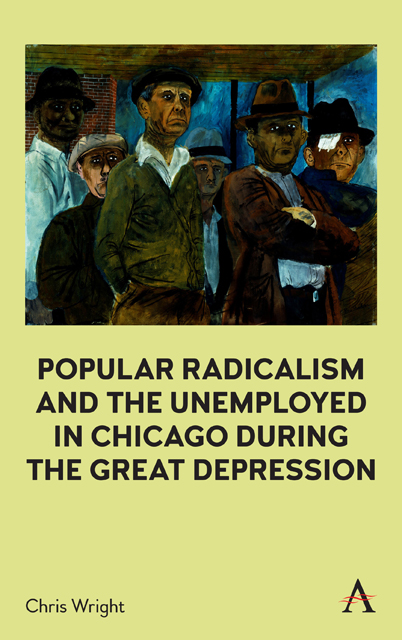Summary
In The Utopia of Rules (2015), David Graeber constructs a thought experiment to illustrate why the threat of ruling-class violence is of far more consequence than mass adherence to particular ideologies or “discourses” as an explanation of social “stability.” Imagine, he says, that some warlike tribe conquers a group of peaceful farmers. The latter are reduced to working on the estates of the former, who propagate an ideology that holds that the farmers are stupid, ugly, and base and have been cursed by divine powers for some terrible collective sin, while the warriors who have conquered them are beautiful and intelligent, intrinsically superior. Perhaps the farmers come to internalize their disgrace and act as if they believe they are guilty of something. Maybe some of them really do believe it. But on a deeper level, Graeber writes,
it doesn't make a lot of sense to ask whether they [believe it] or not. The whole arrangement is the fruit of violence and can only be maintained by the continual threat of violence: the fact that the [farmers] are quite aware that if anyone directly challenged property arrangements, or access to education, swords would be drawn and people's heads would almost certainly end up being lopped off. In a case like this, what we talk about in terms of “belief”are simply the psychological techniques people develop to accommodate themselves to this reality. We have no idea how they would act, or what they would think, if the [warriors’] command of the means of violence were to somehow disappear.
Perry Anderson makes a similar point in a discussion of Antonio Gramsci: he observes that, while a kind of “consent”may ordinarily prevail in our society, it is “constituted by a silent, absent force [ ]: the monopoly of legitimate violence by the State. Deprived of this, the system of cultural control would be instantly fragile, since the limits of possible actions against it would disappear.” It isn't hard to imagine how differently people in the lower classes would act if there were no police forces or military or security guards or prisons.
Control over violence, which rests on control over resources, which itself rests, ultimately, on class position (ownership entails control of resources), is thus the decisive factor.
- Type
- Chapter
- Information
- Publisher: Anthem PressPrint publication year: 2022



